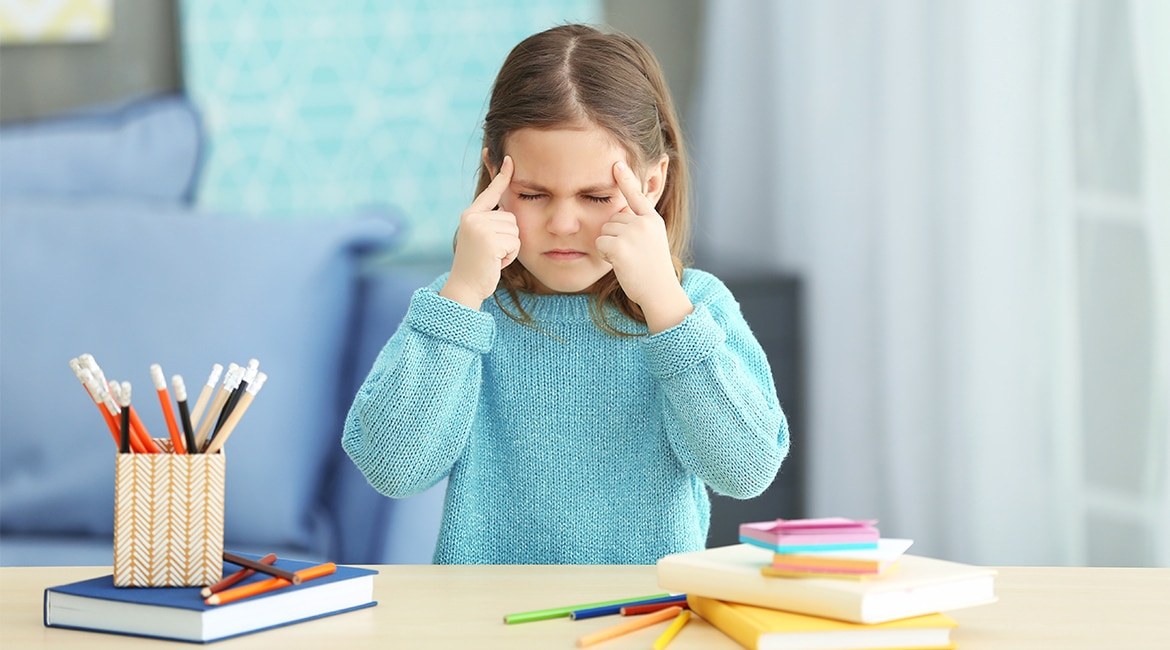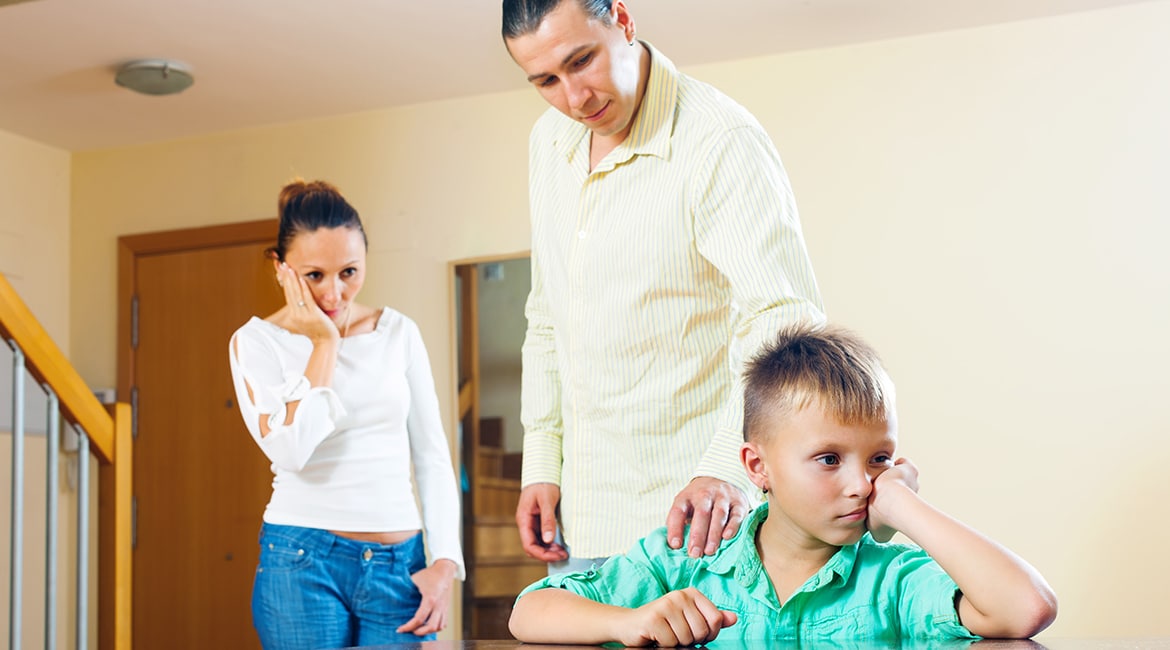We often think of stress or being “stressed out” as being an adult problem, but the truth is that kids experience stress too. So here we take a look at what stress is, how stress can be beneficial to children, and some of the ways that we can help kids to cope with stress.
What is ‘stress’?
Most adults know what is to be “stressed out” or find things “stressful” but what actually is ‘stress’? Stress is simply the way that the human body reacts to feeling under pressure or threatened. It’s an evolutionary trait and in some situations can be helpful; by motivating us to make achievements or deal quickly with a potentially dangerous situation. Whilst stress is very common, too much of it can affect our moods, relationships and even our bodies.
All of this is true for kids too; some stress is helpful and developmentally important but too much of it can affect developing brains and bodies. Interestingly this isn’t limited to children’s own stress, a child’s parents’ stress can also have an impact on them. Research into interactions between children and their parents found that there was a physical reaction in children even when parents (and specifically mothers) tried to hide their stressful emotions.
Positive stress
There are certain types of stress that can be beneficial to us; positive stress is a normal part of everyday life and humans learn to adapt to this as they develop. For children situations such as meeting new people, dealing with anger or frustration, or meeting a dog on a walk can all provoke stress responses. However, with the appropriate support, children can learn to master these stress responses and can benefit from feeling challenged.
Positive attachment
Supportive relationships with adults play a protective role when we think about stress in young children. The research bears out time and time again that having a sensitive caregiver present stops the stress hormone, cortisol, rising in toddlers.
This is even true with children who are naturally more fearful or anxious. So, building good attachment relationships, through positive and attentive interactions, and continuing to cultivate these as children grow can help to mitigate some of the negative effects of stress.
Positive role models
Trying to hide our stress from our kids doesn’t work and can actually have the opposite effect and end up making kids feel more stressed out because they’re not sure what’s going on. In this way, our children may learn to associated stress with secrecy and shame, which will have a lasting impact on how they handle their own stress. Instead, it may be better for parents to be open and honest. You can tell your kids that you are feeling stressed, this names the feeling, lets kids know it’s okay to be honest and gives you a chance to role-model healthy coping strategies.
Positive coping mechanisms
Children can be taught how to cope with stress in a positive way. At the moment things like deep breathing, having a cuddle, or naming emotions can really help, but you should develop your own strategy for keeping stress at bay in the long term and encourage children to do this too. Different things work for different people so you may need to try a few different options for both you and your kids. Some strategies to try include; exercise, meditation, mindfulness, journaling or colouring, reading, spending time outdoors on a walk or gardening, a bubble bath or spending time with friends.



